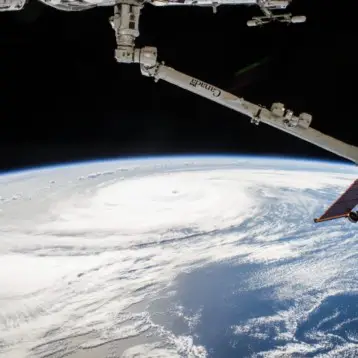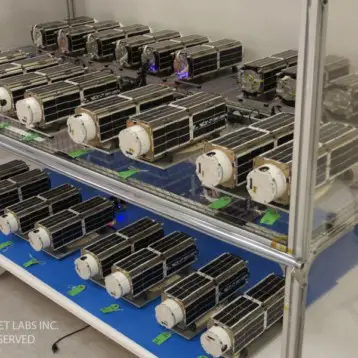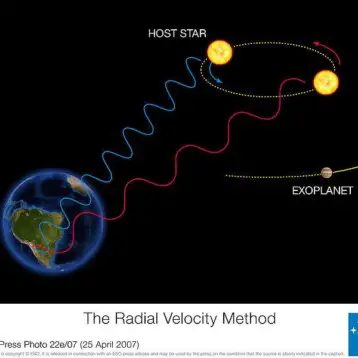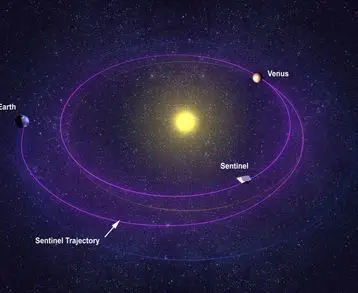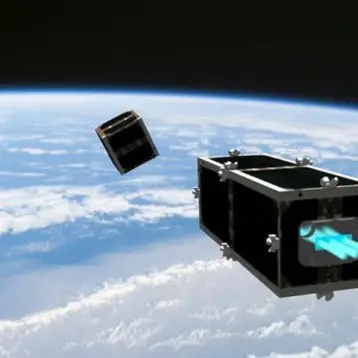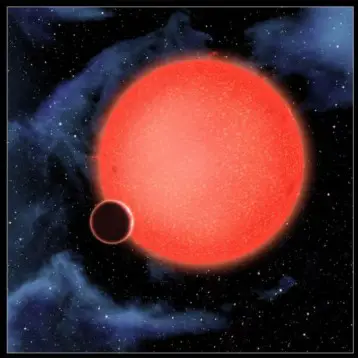|
And truly mysterious it was: 1 meter in diameter, this black and shiny object was found by Sebastiao Marques da Costa, who said the ball was hot to the touch. The object appeared to be wrapped in a kind of fibrous metallic-looking material, and Mr. da Costa said he could not determine whether the sphere was simply heated by sunlight or if the heat was a result of the object’s entrance into Earth’s atmosphere.
Shortly after this story was posted, a report on an almost identical incident, which occurred in Australia about a year ago, was published. The object found in Australia looked very similar to the sphere found in Brazil, but seemed much more damaged – the fibers were mostly torn apart and the sphere looked a bit “hairy”. The Australian farmer who had found the object said he had not paid much attention to the sphere until now– “I know a lot about sheep and cattle but I don’t know much about satellites. But I would say it is a fuel cell off some stage of a rocket” – he said.
|
The answer to the riddle came rather quickly – several people have identified both objects as Composite Overwrapped Pressure Vessels (COPV). These are high pressure containers for inert gases, used by space shuttles and satellites for various space missions. These objects are heavily reinforced – built with carbon fiber or with a Kevlar overcoat, in order to withhold pressure differences between the container’s interior and the exterior. Scientists said this is also the reason the COPVs survived re-entry into Earth’s atmosphere, rather than evaporating into the skies.
Be sure to check out TFOT’s recent article on Tunguska Lake, which was recently identified by Italian scientists as the possible impact crater from the 1908 Tunguska Event. You can also read our coverage of the “space disease”, which broke out in a small village in Peru, following what seemed to be an impact of an object from outer space, causing a minor earthquake in the area.




